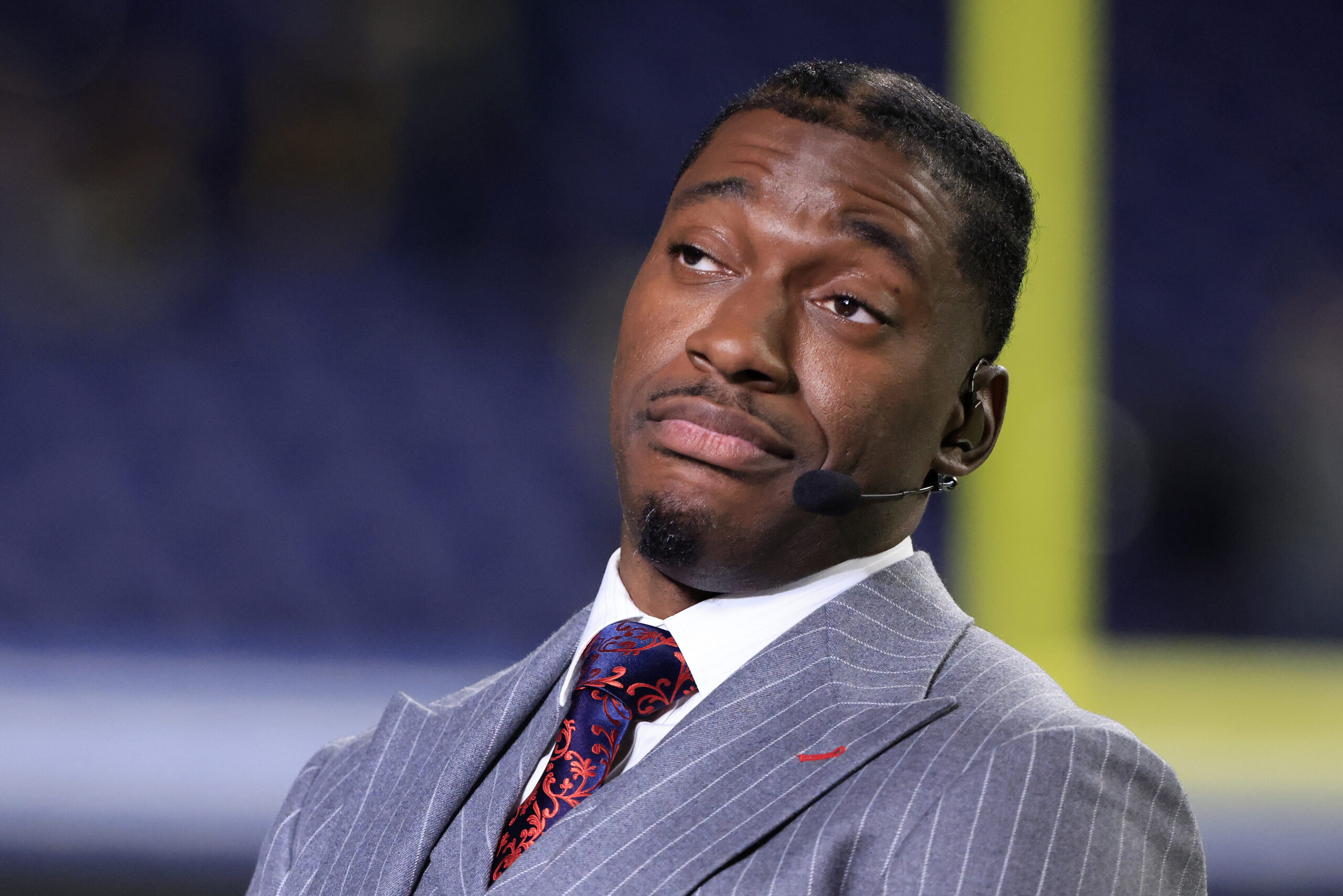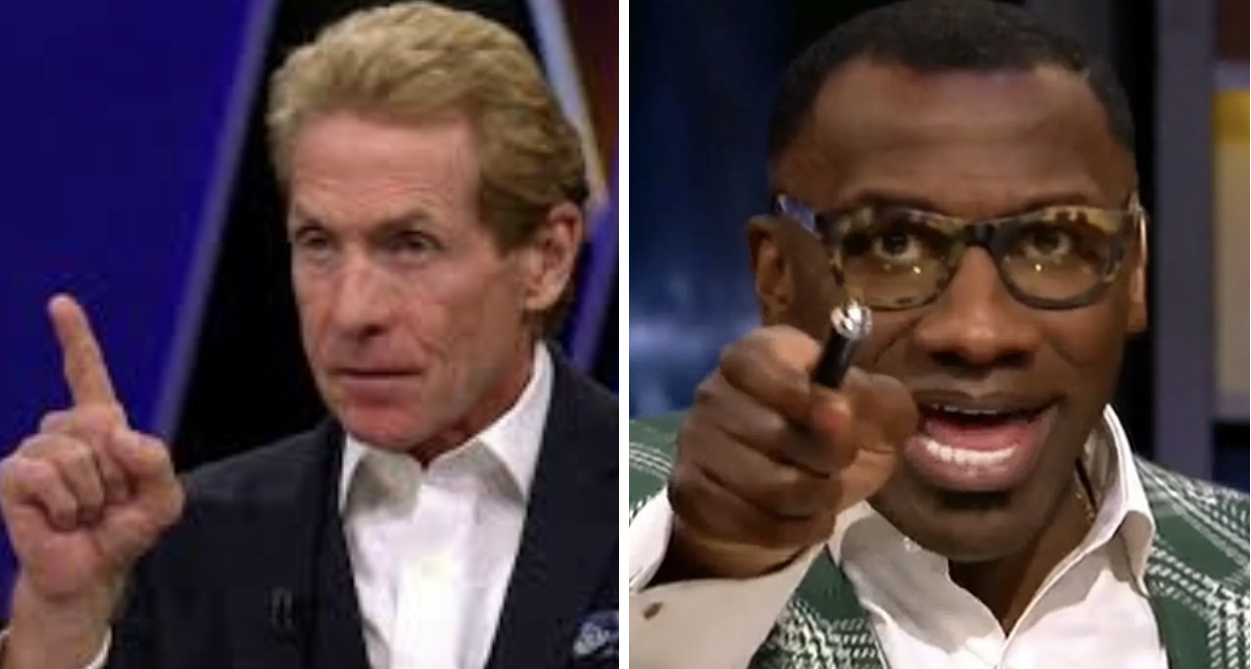The unfortunate and premature death of ESPN personality Stuart Scott was a huge blow to the history, bloodlines and authentic fabric of the ESPN family. He also left behind a legion of young African-American reporters and colleagues who he has touched and inspired in some way since he first entered the cable matrix in 1993.
Who else you know would do a spoken word highlight? Stuart Scott was the epitome of cooler than the other side of the pillow pic.twitter.com/Qs6Nl7ppfO
— Jasmine (@JasmineLWatkins) December 4, 2019
I can’t say that I was friends with Scott, but I have fond memories of our first personal encounter.
In a way, he briefly mentored me and I dropped some jewels on him too, believe it or not. Back in 1999 I was a young reporter covering ACC basketball for the Raleigh News & Observer in North Carolina.
I was also a member of NABJ (National Association of Black Journalists), as was any black person in some media-related working capacity – from the smallest circulation newspaper in Iowa to the lauded Washington Post and New York Times to magazine giants Jet and Black Enterprise.
News anchors, radio titans, TV producers and athletes – you name it – descend upon a designated host city each year to meet other people in the industry, recruit talent, market talent, and hold workshops and seminars by day and party like rock stars through the night.
The 1999 convention was in Seattle, Washington and I had the honor and pleasure of being in the same room with Scott.
The Jump Off
So, I’m in the room with Stu and I don’t waste the opportunity to introduce myself and strike up a conversation. Listening to Scott do his telecasts was like listening to the sports version of “Hip-Hop’s Top Five at Five” countdown. His daily five minutes of fame was often a descriptive monologue littered with slang terms that were commonly used amongst the teens and 20-somethings of my generation. There was even newer slang being used freely on HBCU campuses, street corners and high school lunchrooms that I felt he could incorporate into his segments.
I boldly yet graciously offered him a few new catchphrases he could incorporate. He was open to the suggestions so I went for it.
The first phrase was “off da’ meat rack.” That term was pretty popular back then and I told him he could use it to describe an unbelievable play or to enforce the magnificence of a particular pitch or throw or dunk. The second phrase was “Wait 4 it.”
When a batter struck out or something didn’t go a team’s way, Scott would say, “Wait for it.”
Around my way it was another way of saying, “It’s not going to happen.”
He told me he might use them. I didn’t actually expect him too, but I tuned in every night when I got back home to see if he would. On the third night of viewing, he used both of them.
I was ecstatic because Stu Scott thought enough of my suggestion to actually use it. Also because it is as close as I’ve ever been to co-producing a legendary ESPN segment. The greatest and most long-lasting effect of my encounter with Scott, however, was that it gave me complete affirmation that I had a solid pulse on “the game.” He was that dude; Never afraid to pull the valuable, viable and vibrant tones of Black America into his mainstream telecast.
GodFather Of Sports Rap
At the time, he was on his way to becoming a legendary and now almost-mythical figure amongst a bunch of shining star personalities at the forefront of ESPN’s 24-hour sports explosion. Who knew that his cultural bravery would align perfectly with the overall cultural shift in America.
Hip-Hop has exploded as the No. 1 music in the world and Scott would be proud to know that urban slang, barbershop banter and acknowledgment of hip-hop culture is entrenched in ESPN’s marketing existence. His unapologetically Black charisma is now commonplace within the industry, propelling guys like Stephen A. Smith to unprecedented fame and fortune.
Back then, ESPN was hipper than it is now. Why do I say that? Well, with guys like Scott leading the charge, the station didn’t have to force “cool” or convince us of “cool” and purposely manipulate pop culture as they try to do too often these days.
Scott was a natural. He was a captivating guy with a dogged work ethic who spit the urban lingo, not the king’s English of the times, which of course got him incredible street cred, hood popularity and endeared him to other talented African-American sports personalities. He was the mouthpiece of ESPN’s late-MJ and Allen Iverson Eras.
And similar to A.I., he was kicking it like Xscape, on a corporate platform and getting away with it. Scott was sharper than a ginsu—a graduate of one of college basketball’s storied universities (University of North Carolina at Chapel Hill).
He could flip it any way you wanted him to. He wasn’t the typical sports talking head. His words, style and passion, and the way he reported the sports news of the day resonated with young America. He became the sports mouthpiece of a people.
And to the older heads, he represented the new diversity in what had always been a white-dominated sports media. He was actually a bridge between the old-school sports cats and the Generation X’ers and new “Now Generation” kids.
From the days of baggy Troop suits to today’s European cut wears, Scott’s been an ESPN constant.
Dope Lyrical Legacy
Among the features of the new ESPN studio in Bristol is a wall of catchphrases made famous by on-air talent over the years. Nine of them belong to Scott—from his signature “Boo-Yah!” to “As cool as the other side of the pillow” to “He must be the bus driver cuz he was takin’ him to school.”
Scott being a leading face of such a powerful medium — and incorporating terms that would usually be buried under the thumping bass of a rap song or strictly reserved for sports conversations in the local barbershops of Philly, the blacktops of Oakland California or the corners of MLK Boulevard in almost any city you can name — really had a deep impression on me as I strived to make an impact in my own career.
I could easily see myself in him and everything he does.
He was a tremendous ambassador for ESPN, African-Americans, ambitious sports anchors of any color and the great State of North Carolina. And a personal source of inspiration for me throughout my sports and media journey. The Creator has been called home.
Scott’s passing marked the end of ESPN’s “Golden Age.”



